Mixing the classic turn-based combat system with real-time action elements, Metaphor: ReFantazio is the new JRPG from Sega and Atlus directed and produced by Katsura Hashino, the mind behind the famous Persona series, scheduled for October 11th.
Players embark on the journey of a young traveler and his fairy partner, Gallica in their search for a way to break the curse of their childhood friend and prince of the United Kingdom of Euchronia - a fantasy land shrouded in parallels with the real world.
The promising nature of the title goes far beyond its innovative and fun combat: between the dialogues and various mechanics inherited from both the Persona series and the Shin Megami Tensei franchise that originated it, Metaphor is full of style in its menus, animations, world map and character design, which make it a unique experience - and full of expectations - for RPG fans.
The UmGamer team had the opportunity to try out Metaphor: Refantazio during Gamescom Latam 2024, and in this article, we share our first impressions of Sega's new - and promising - title!
Technical Sheet: Metaphor ReFantazio
Combat tries to innovate, but respects many roots
Once the Metaphor demo has started at the recommended level, one of the first instructions the game gives is to directly attack enemies with a button, without specifically needing to engage in direct combat.
Attacking monsters on the field is an essential feature in Metaphor: If your level is significantly higher than theirs, you can defeat them. If your level is lower than or equal to theirs, attacking them can allow you to start tactical mode with your enemies stunned, with some advantages in battle or disadvantages for your enemies - in the same way, being attacked by an enemy offers advantages for them.
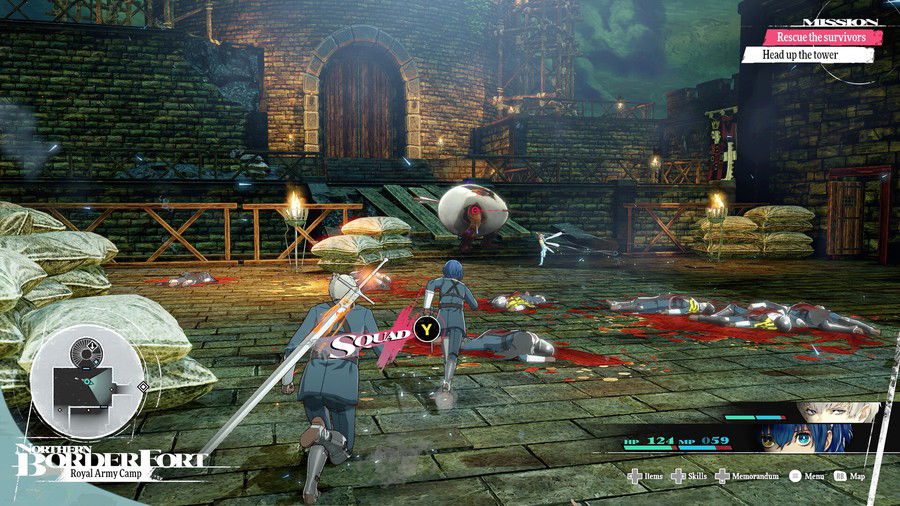
An important detail which differentiates Metaphor from similar mechanics found in the Persona series is the distinction between enemies. Instead of deformed creatures revealed in combat, each threat in the new game has its own shape and, consequently, different ways of interacting with the player and moving to attack on the open map, making it occasionally difficult to identify which is the best way to get closer to them and acquire essential advantages against stronger monsters.
The innovations don’t just stop at real-time combat. The turn-based system carries several legacies from the Shin Megami Tensei series, such as the concept of exploiting elemental weaknesses and attack types, and the use of invocations - known as Archetypes - that change affinities and specialties of each character, is clearly inspired on the Persona series.
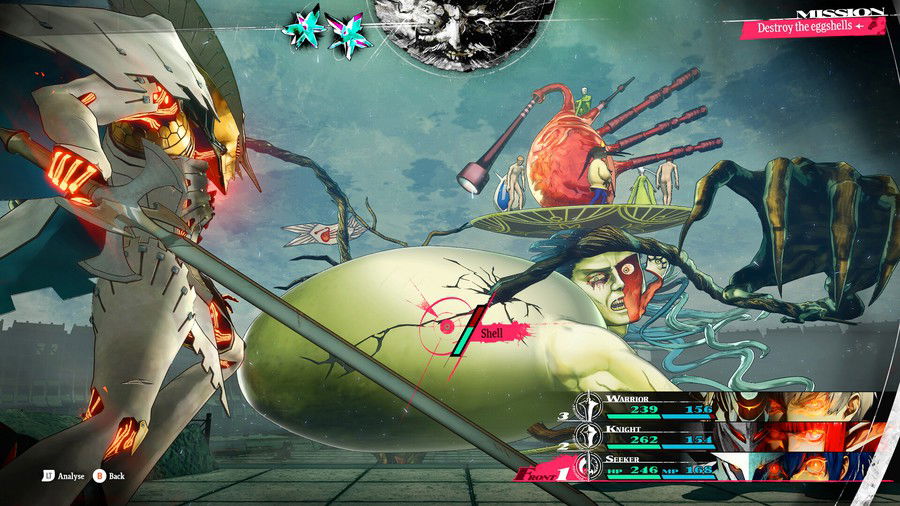
A notable detail in Metaphor's turn-based combat is the possibility of combined attacks between two characters to deliver a powerful blow and/or use more efficient healing or support magic than they would do individually. For example, two characters can team up to use an elemental attack on all enemies instead of one of them using the same ability on a single target, adding a lot to the tactical aspect, but without major concessions, at least in the demo.
Challenging and Punitive, but not trying too much
In one of the scenarios we played, the heroes travel from one region to another and are surprised by the attack of a giant monster. In combat, we need to face the creature and its tentacles, where focusing only on one enemy is punished by a sequence attack while defeating the tentacles, despite beneficial for a few turns, can surprise us with their revival followed by an even greater sequence of attacks in a single turn.
This is one of the ways that Metaphor tests the boundaries between being challenging and punishing, without making the experience frustrating. While being surprised by the barrage can take down some characters, the team has enough equipment and magic to reverse the damage, while other blows can be avoided by making the monster focus on a single character.
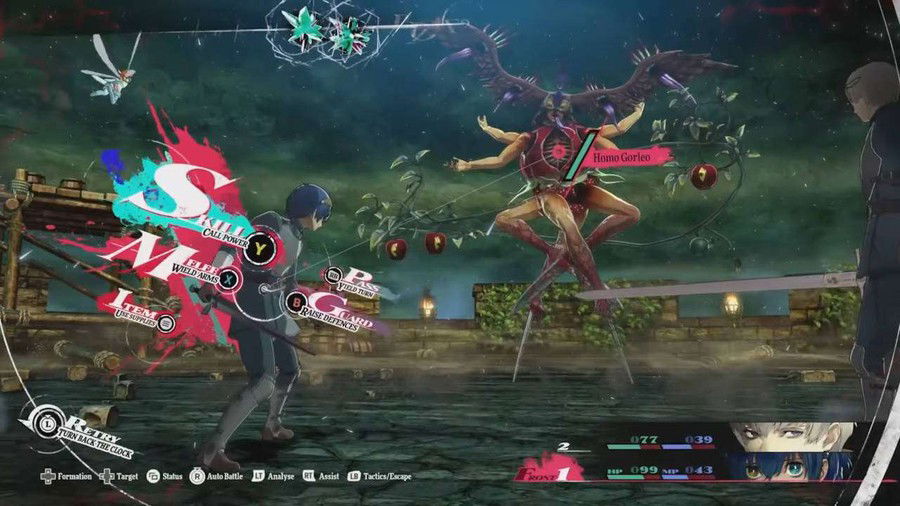
This mix of intuitive without being too easy is also found in the exploration itself: an enemy stronger than the other has a clear visual indicator due to its larger and stronger stature, and even if we don't use the button to scan the map, there is a clear sign of how that creature is a powerful enemy - and it is up to the player to take the risks when facing it, or try to avoid it and find another route to their objective.
The Archetype System is promising
For practical purposes, Archetypes are like a job system in Metaphor. Players unlock them as they progress through the plot and form new relationships with NPCs, and through them, characters can be customized for specific roles during battles.
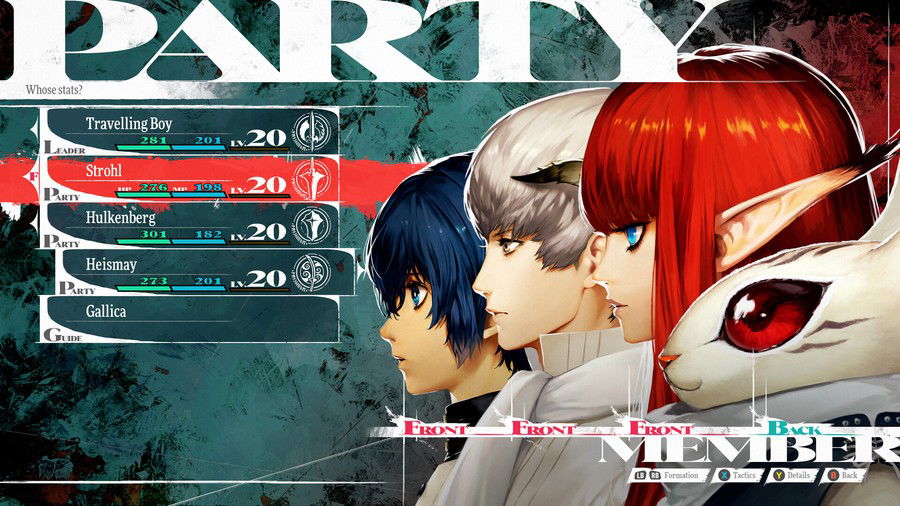
With more than 40 options available, the Archetype system is very similar to the Wildcard of the Persona series (where the main protagonist can play different roles in the party), but expanded to all characters, diversifying the demo's strategic and replayability approaches.
One more character with more healing properties, for example, can make a lot of difference against stronger enemies when combined with two other characters with Tanker abilities - an element that should be reflected and expanded in the final product.
Cutting-edge artistic direction
Since the transition of Atlus games to the PlayStation 3 with Persona 5, the company has been a reference in artistic direction and the use of interface and camera movement to make the experience more immersive, and Metaphor is not far behind with its menus clearly inspired by some HUD content of previous titles with notable improvements in some points to give greater importance to party members.
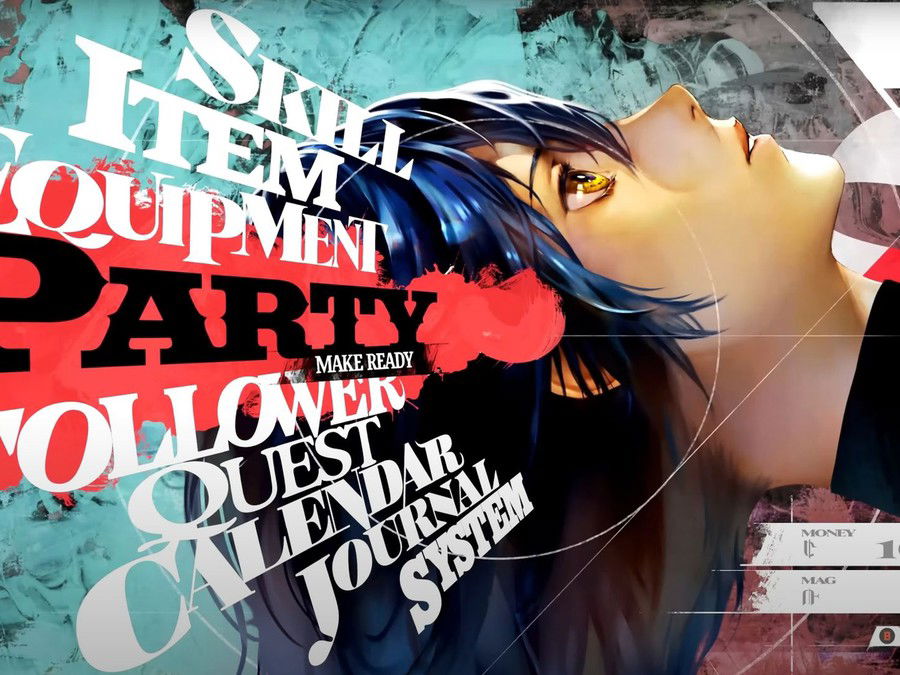
The artistic direction also stands out in the cutscenes and animations of the characters' unified attacks, in addition to their own visual design, where each one has distinguishable physical traits that bring a diverse cast and with characters which will please different players.
Freedom in Progression adds a lot
Following a trend that has returned to some of today's top RPGs, Metaphor allows players to choose the distribution of attributes once their characters levels up, allowing more customization on what functions we expect from them and/or what builds we can create in the final product.
Party selection also brings some differences to the way we plan our progress during the campaign: characters who are not in the main party gain less experience and, naturally, take longer to develop, and this can make a difference in the final campaign, especially in situations where we need specific characters and/or when we want a role that one of them performs better.
Finally, of course, the story
While revealing many details about gameplay, strategic diversity, menus and visual details, Metaphor's demo reveals few elements about its plot and places several points shrouded in mystery.
For a few moments, especially in the first chapter, the game shows signs of bringing well established themes from Atlus' most famous RPG franchises, such as the awakening of a hidden power and the sense of idealism to constitute reality, or even some parallels to collective unconscious by Carl Jung, central theme of the Persona series.
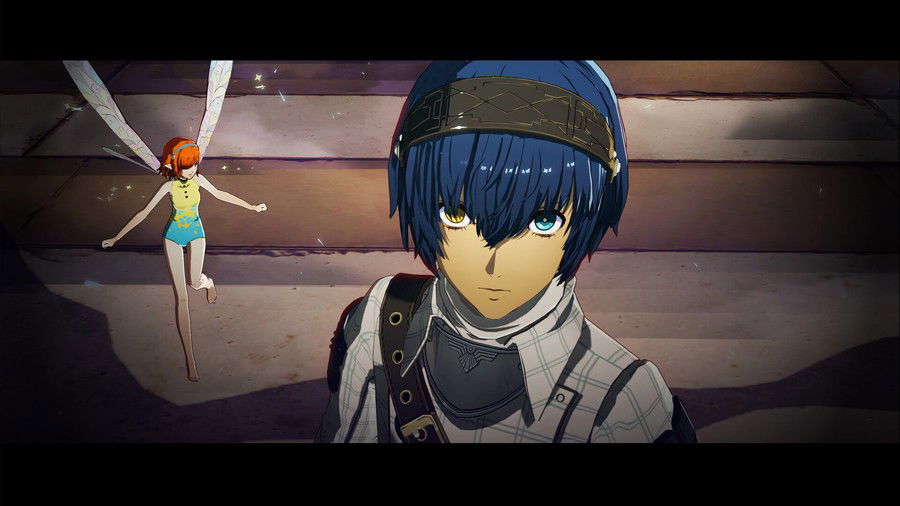
Prejudice or social distinction between different origins seems to be a determining factor, or at least one of the forces that move some narrative aspects found in the demo.
The story also involves the personal development of the characters, where, like the Persona series, it is possible to strengthen the bonds that the hero has with them to gain new attributes, with the protagonist's non-silent nature helping him to distinguish himself from the various main characters from previous Atlus games.
One of the most anticipated RPGs of 2024
The Metaphor demo is a familiar experience, but not so much: it looks like Persona, but it isn't. It has traces of Shin Megami Tensei, but not too much. It has a touch of a classic JRPG with a role system, but it is very different from them. It tries to bring action in real time, but doesn't give up on turn-based combat at all. It promises a more open world than previous games, but doesn't reveal much of the map.
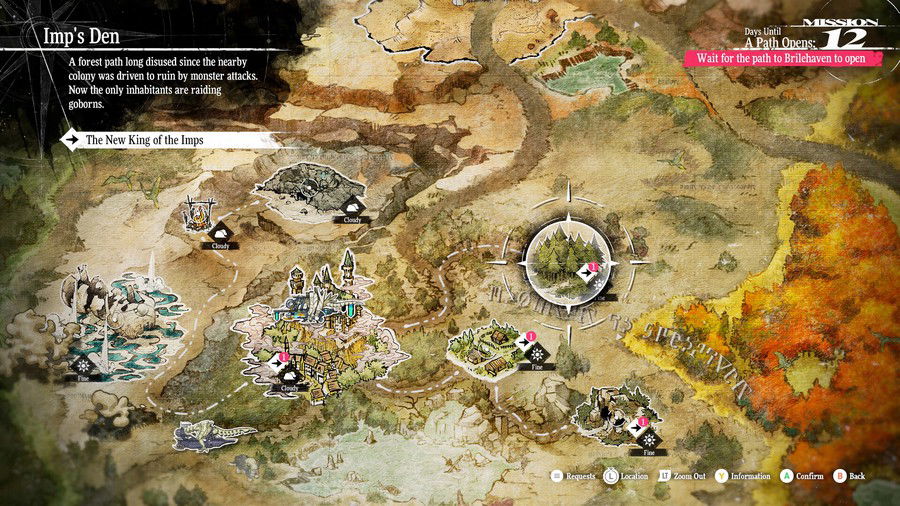
At times, the game seems to try to embrace too much, go too far without straying too far from its roots and the aspects that worked in other titles while having its own well-marked identity, with characters and world buildings created around its own identity rather than to pull the strings of its predecessors.
For a game that wants to be a lot, Metaphor clearly knows what it aims to be and, at least in the demo, it dedicates itself to such purpose masterfully, without leaving anything to be desired in comparison to other games from major studios released in the last year, and consolidates itself as one of the most anticipated titles of the second half of 2024.







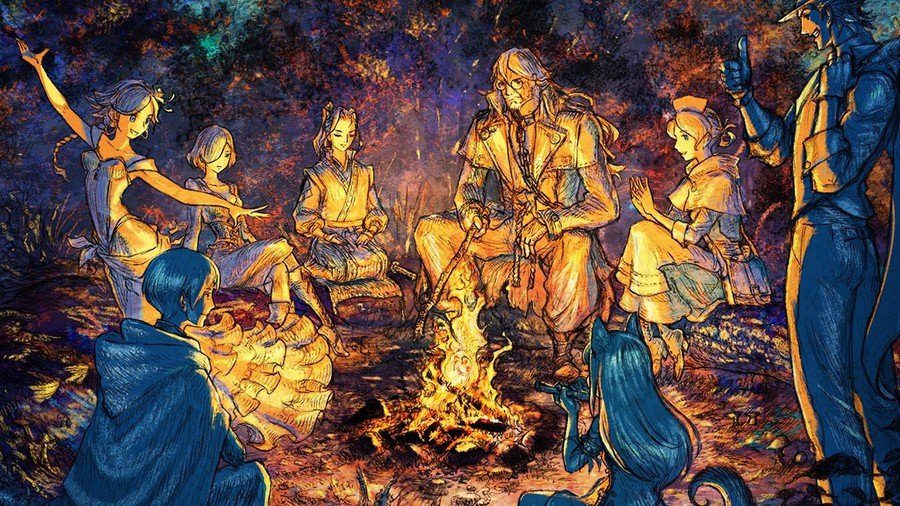
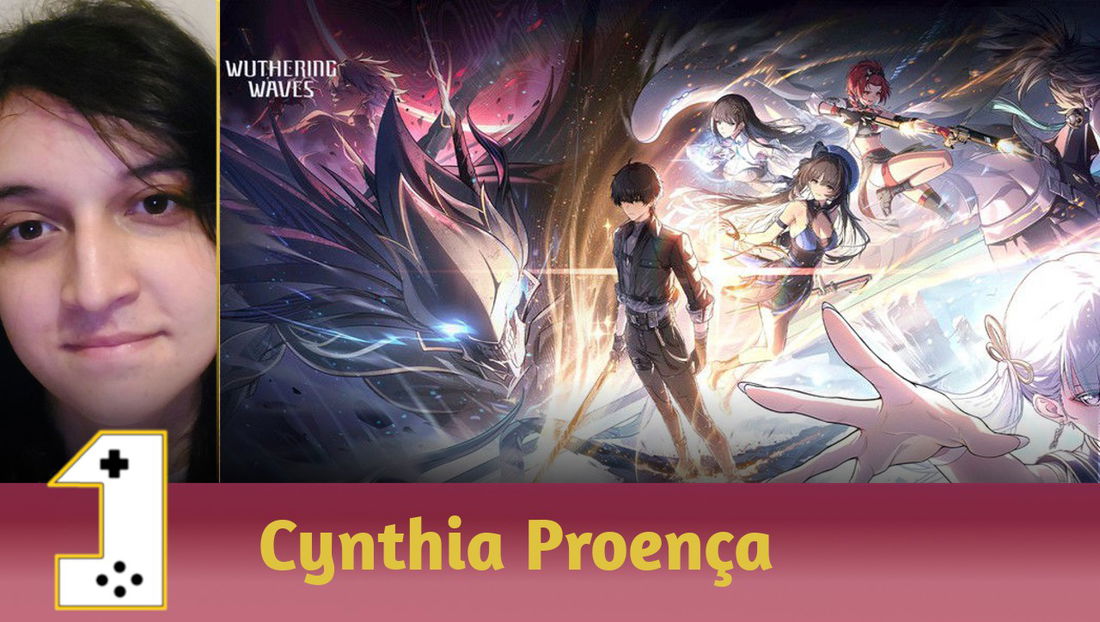



— 코멘트 0
, 반응 1
첫 댓글을 남겨보세요